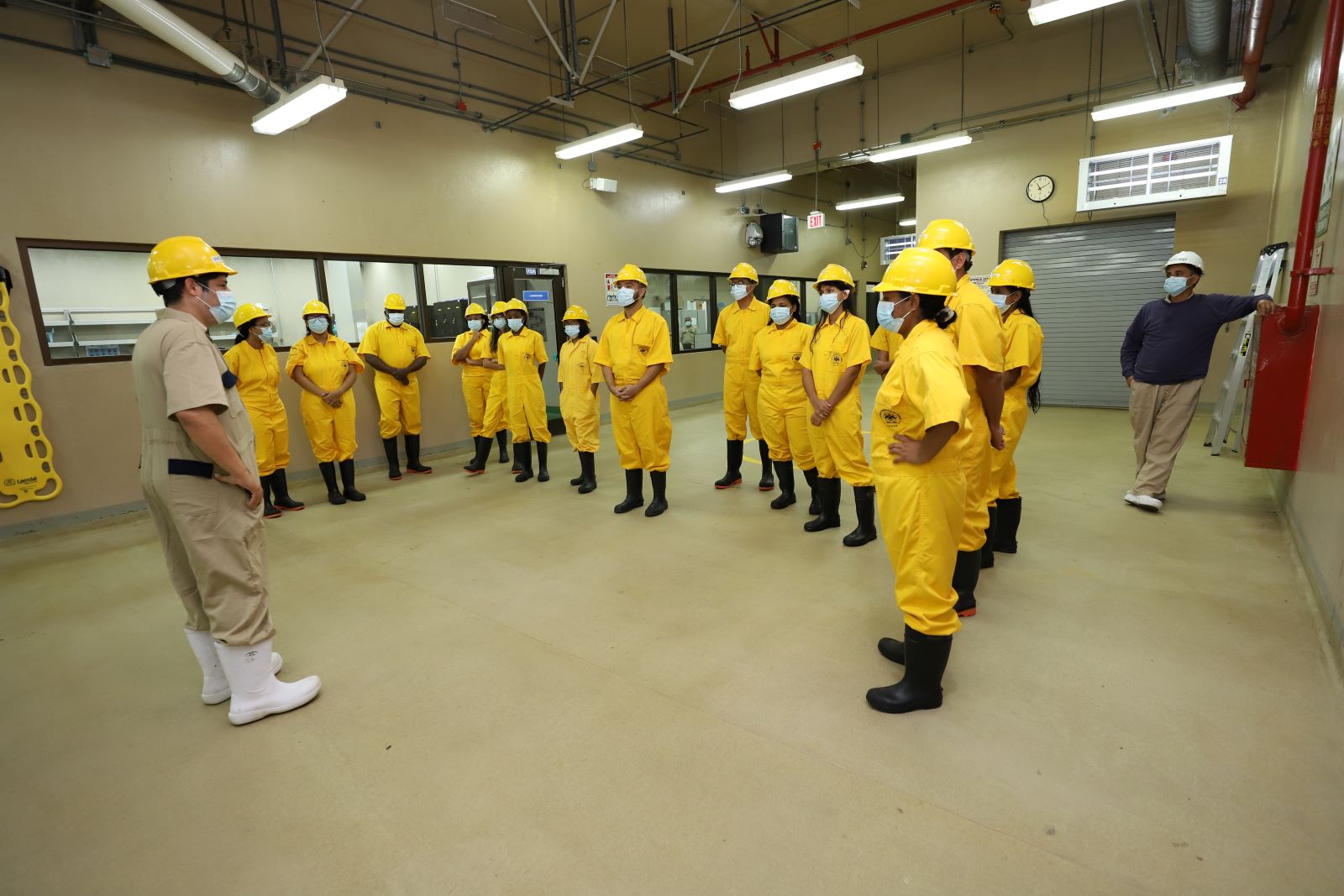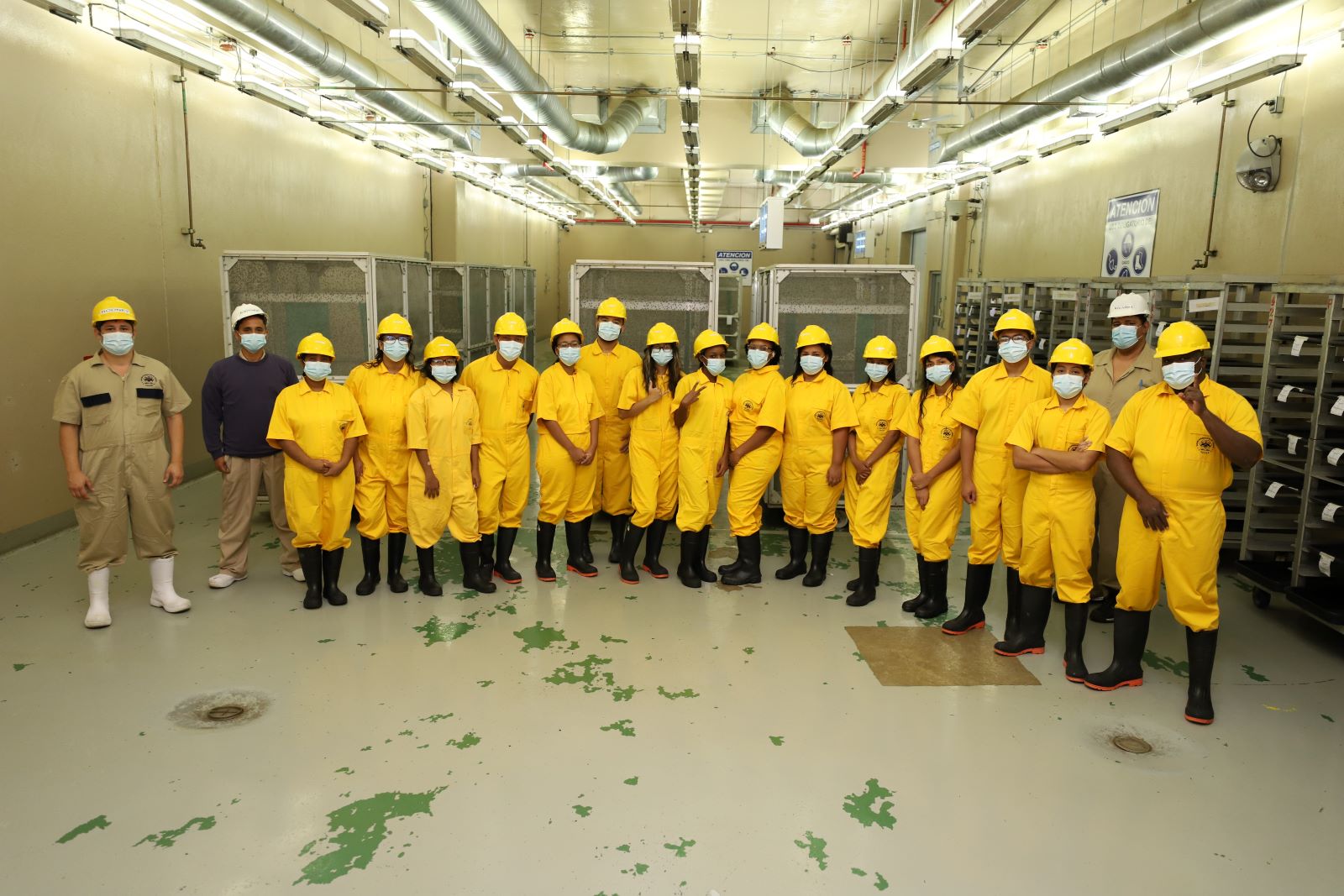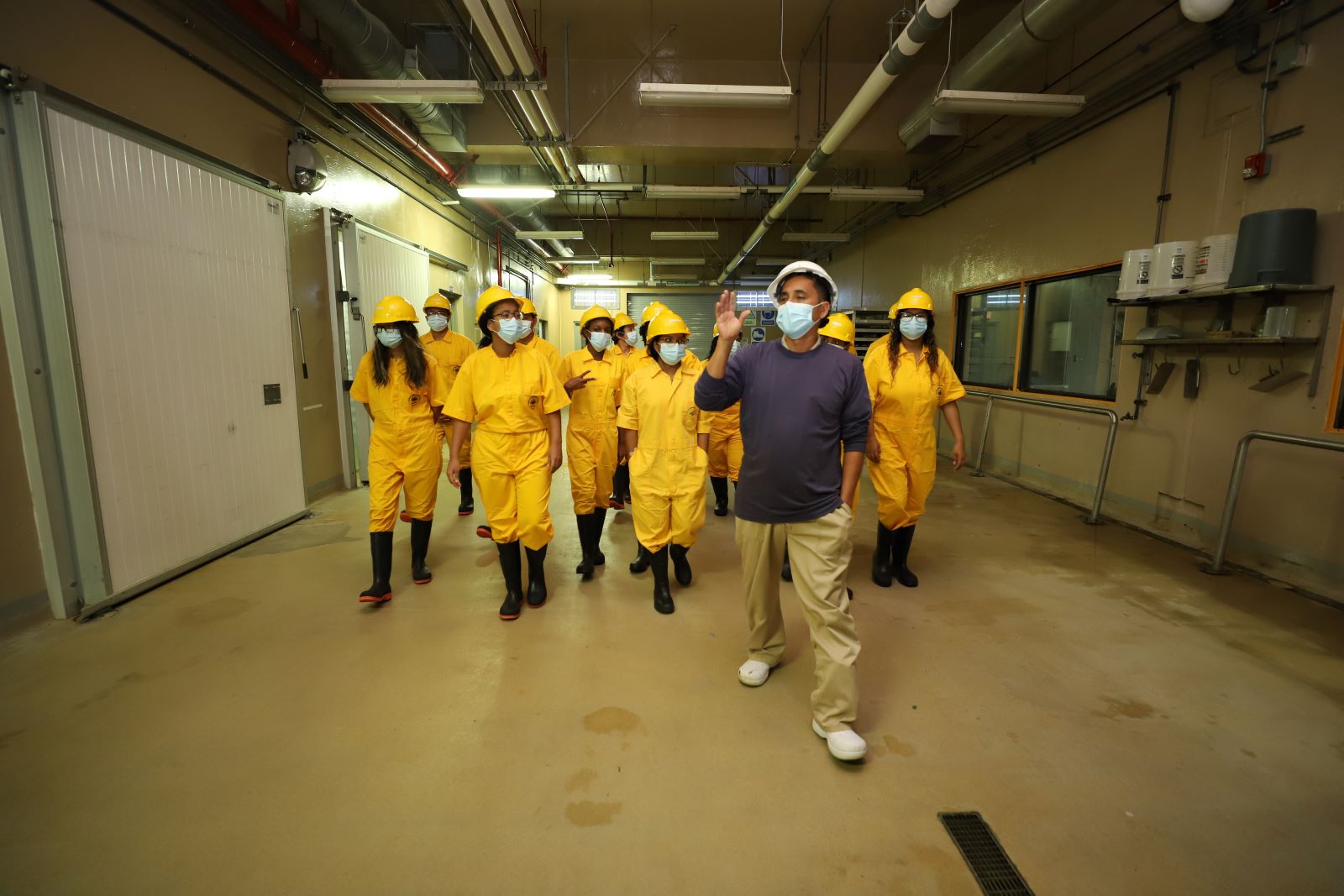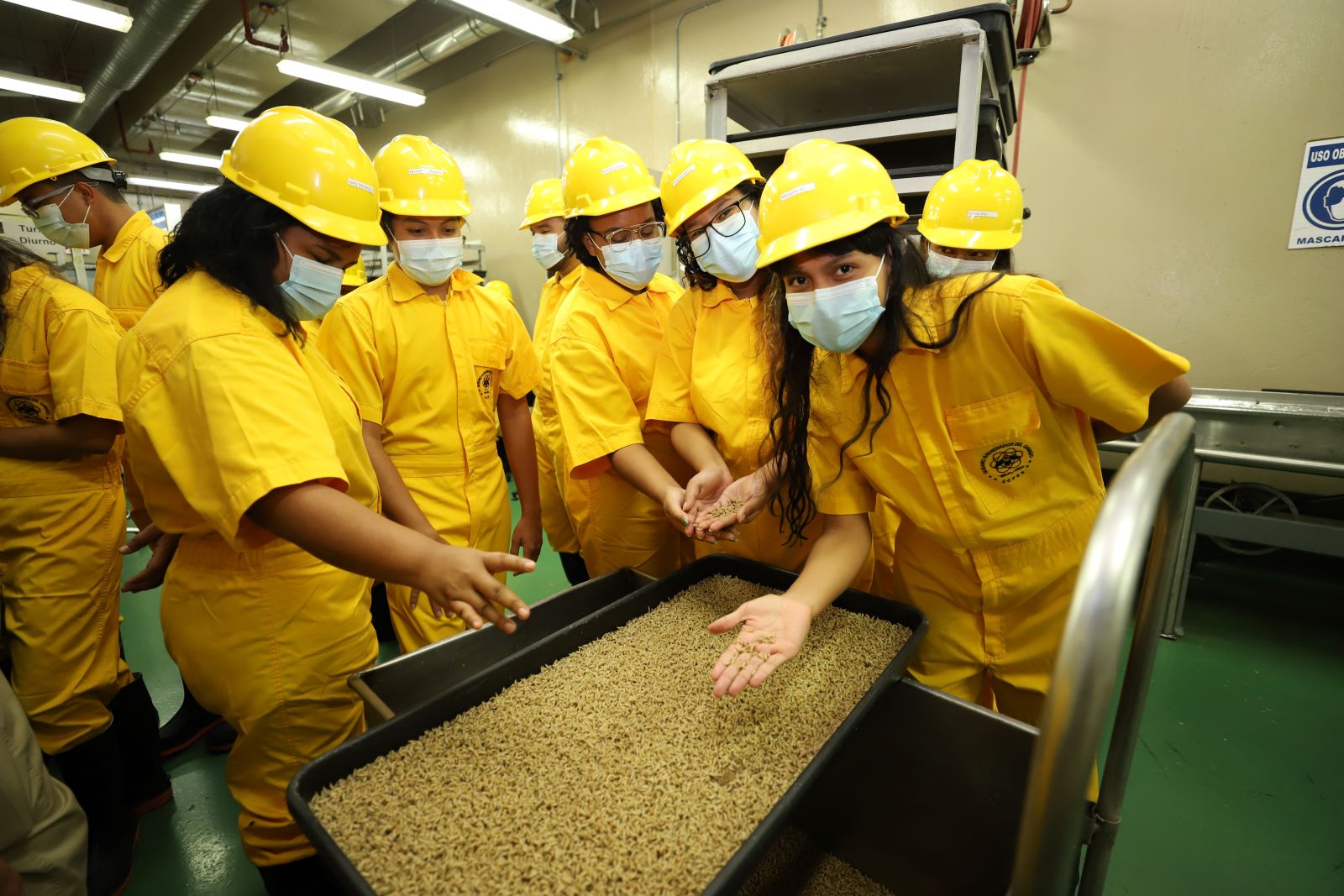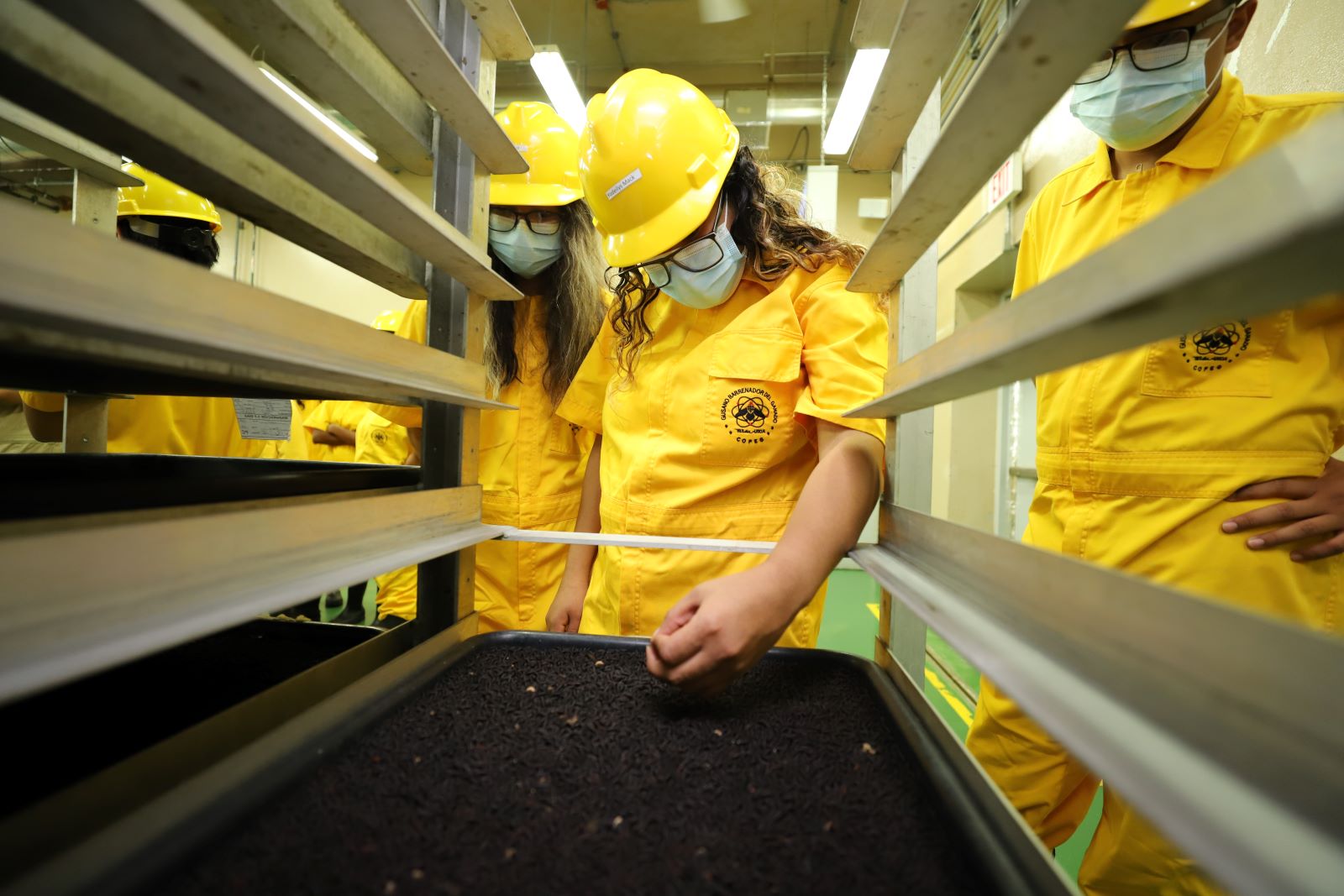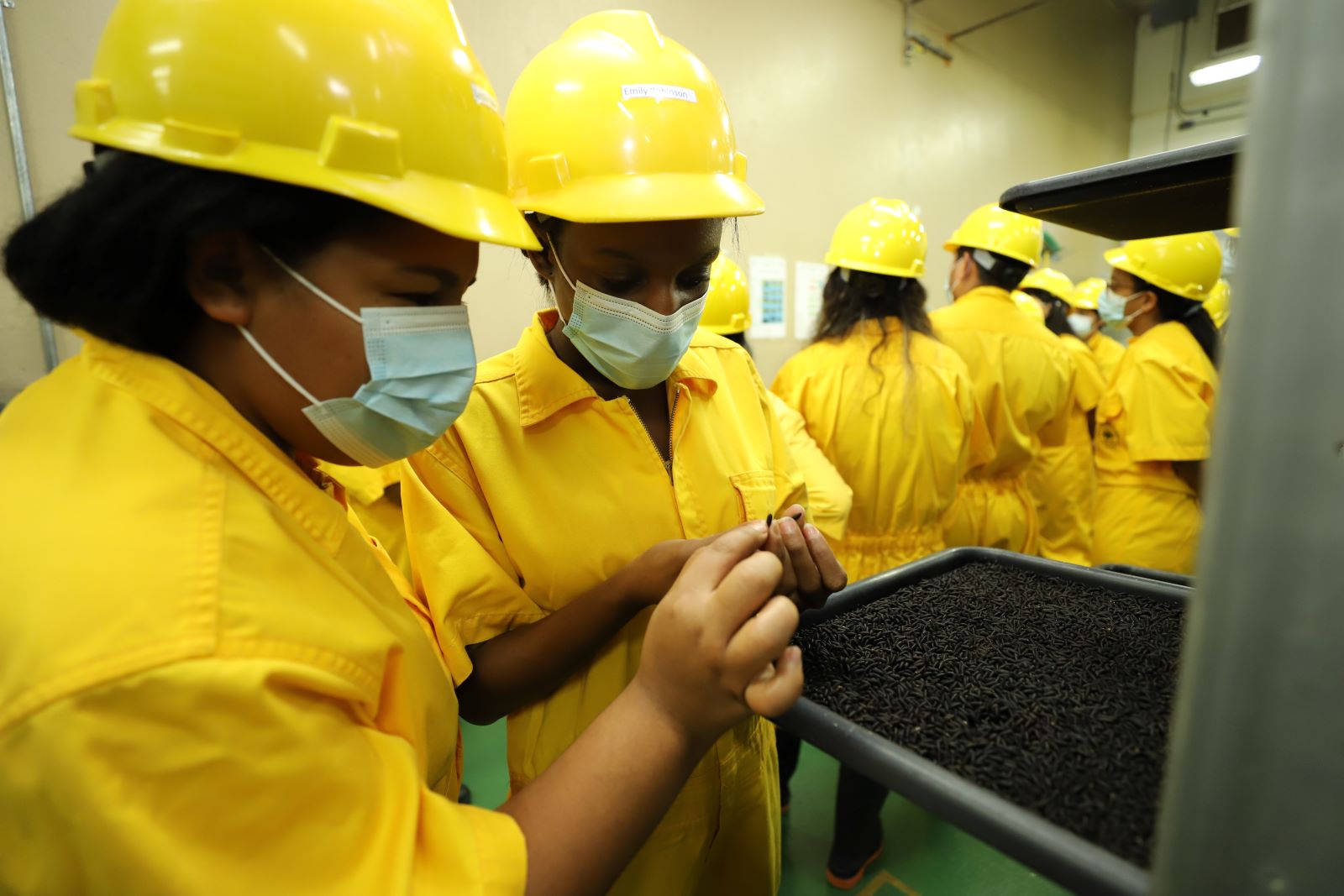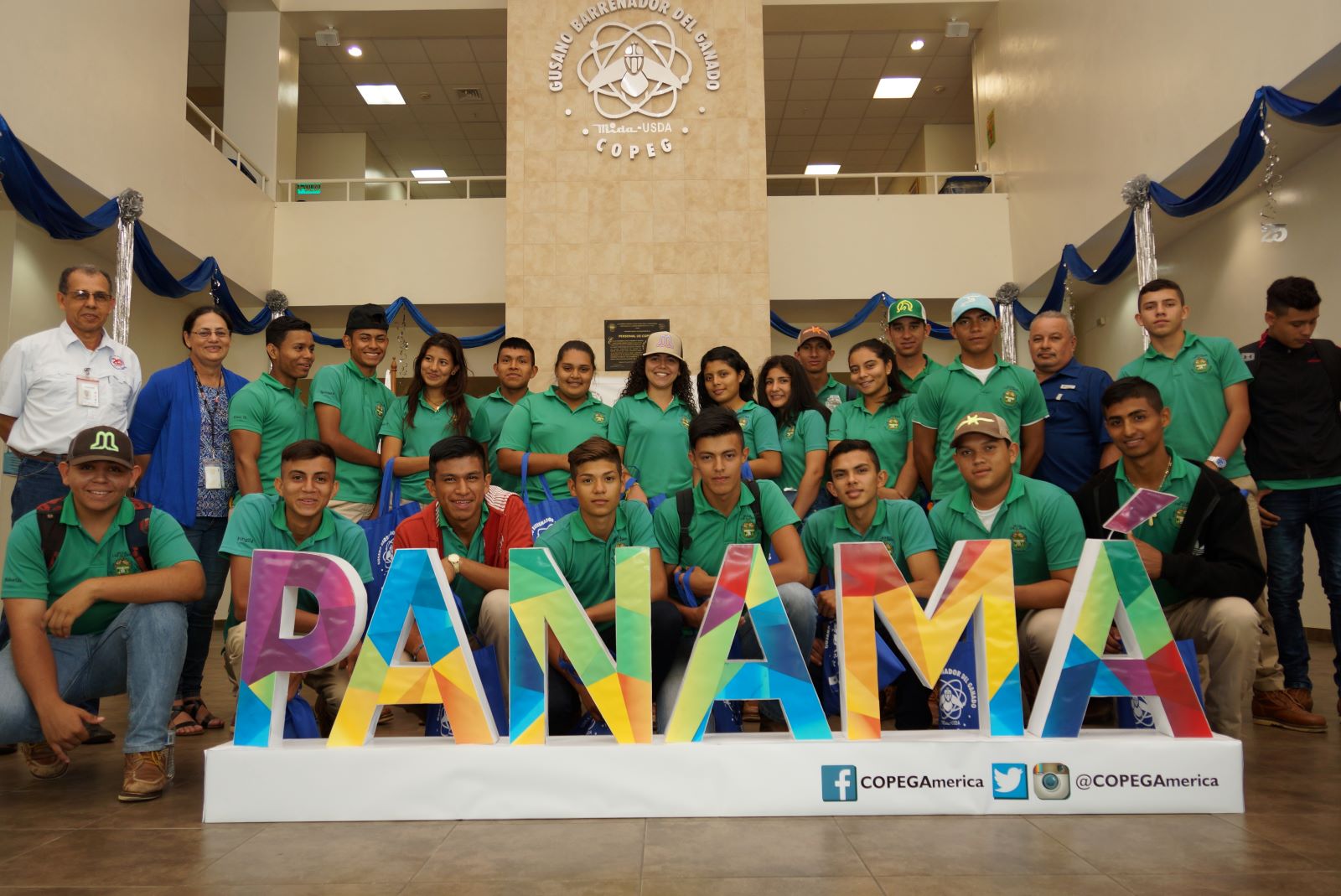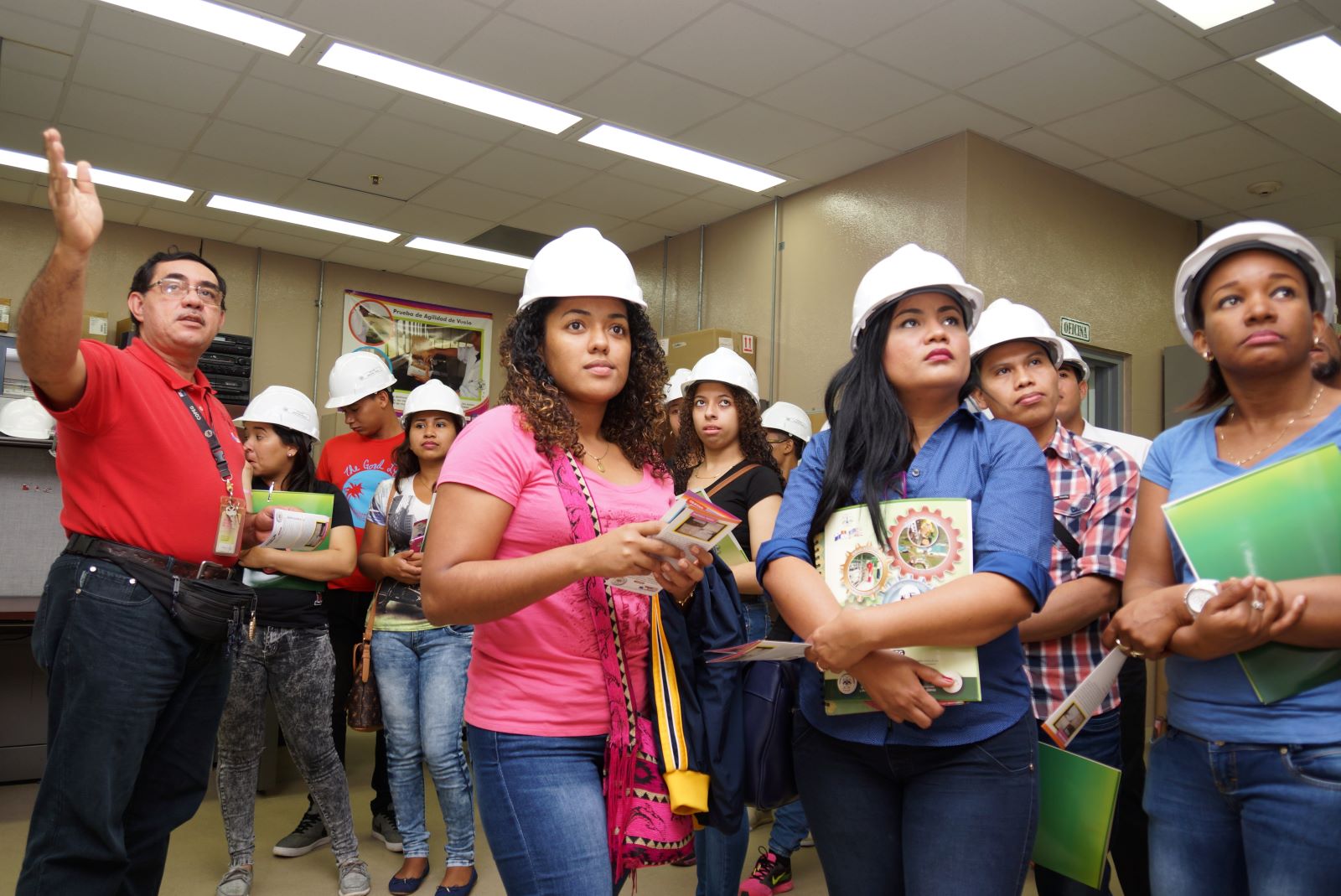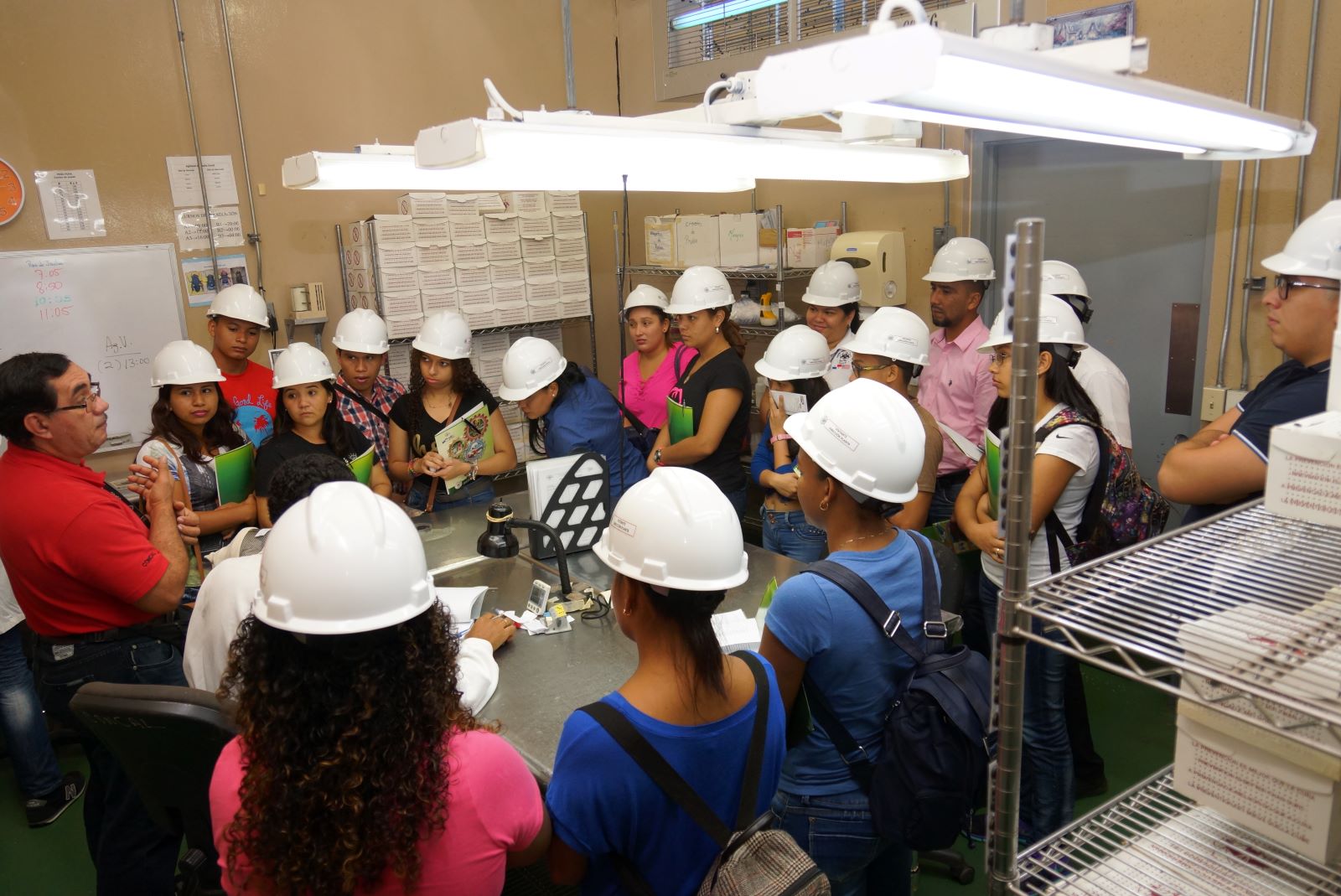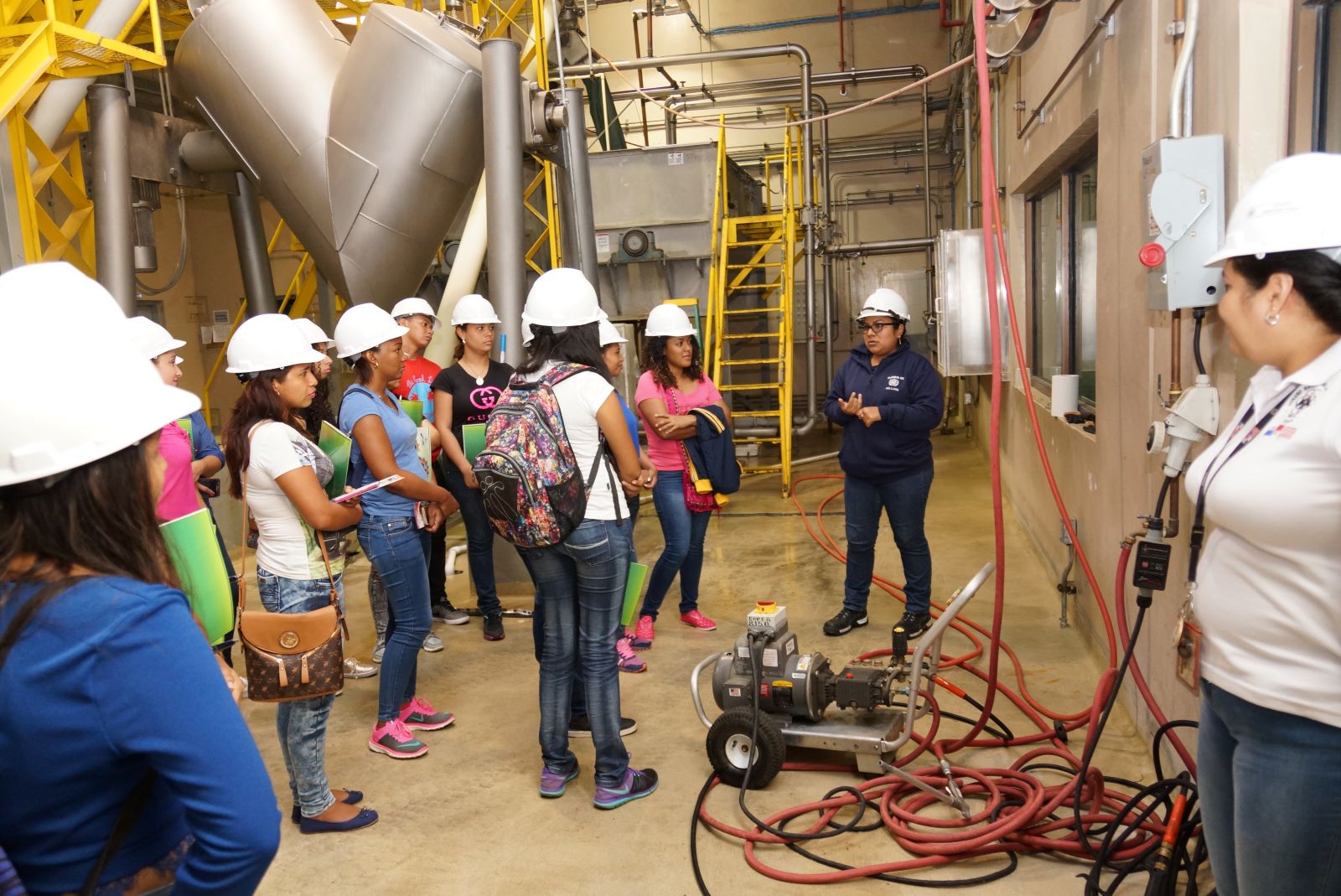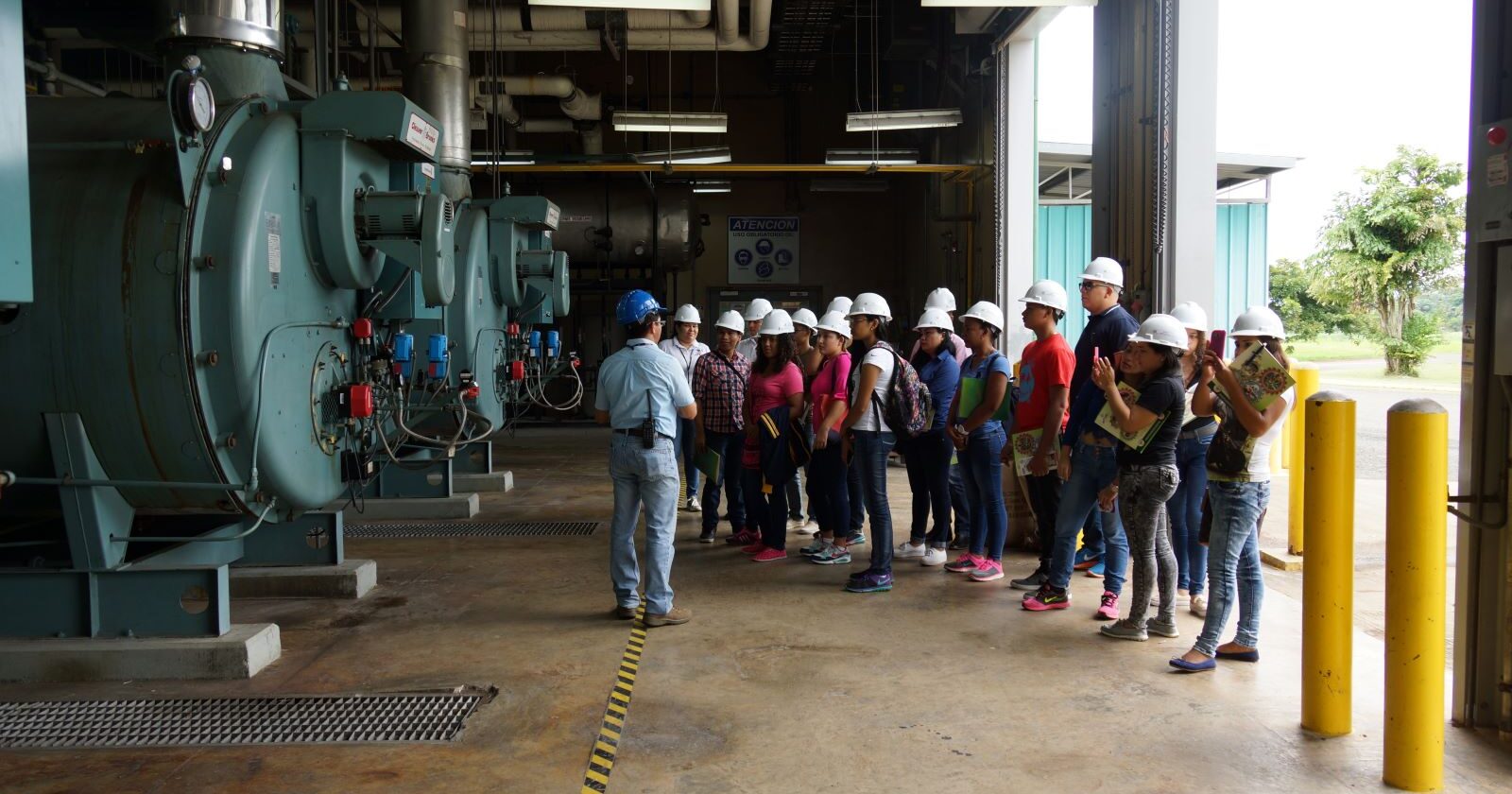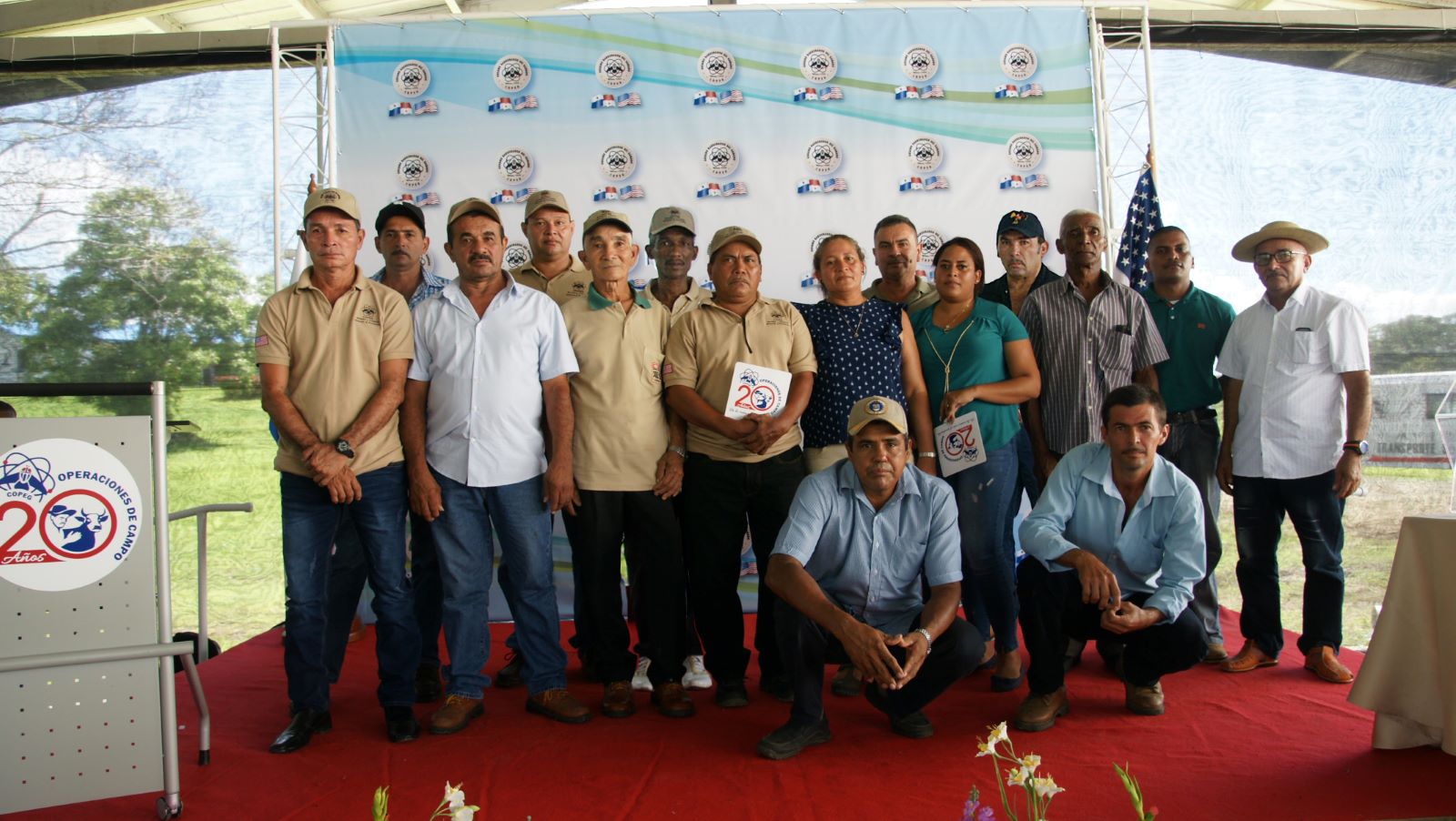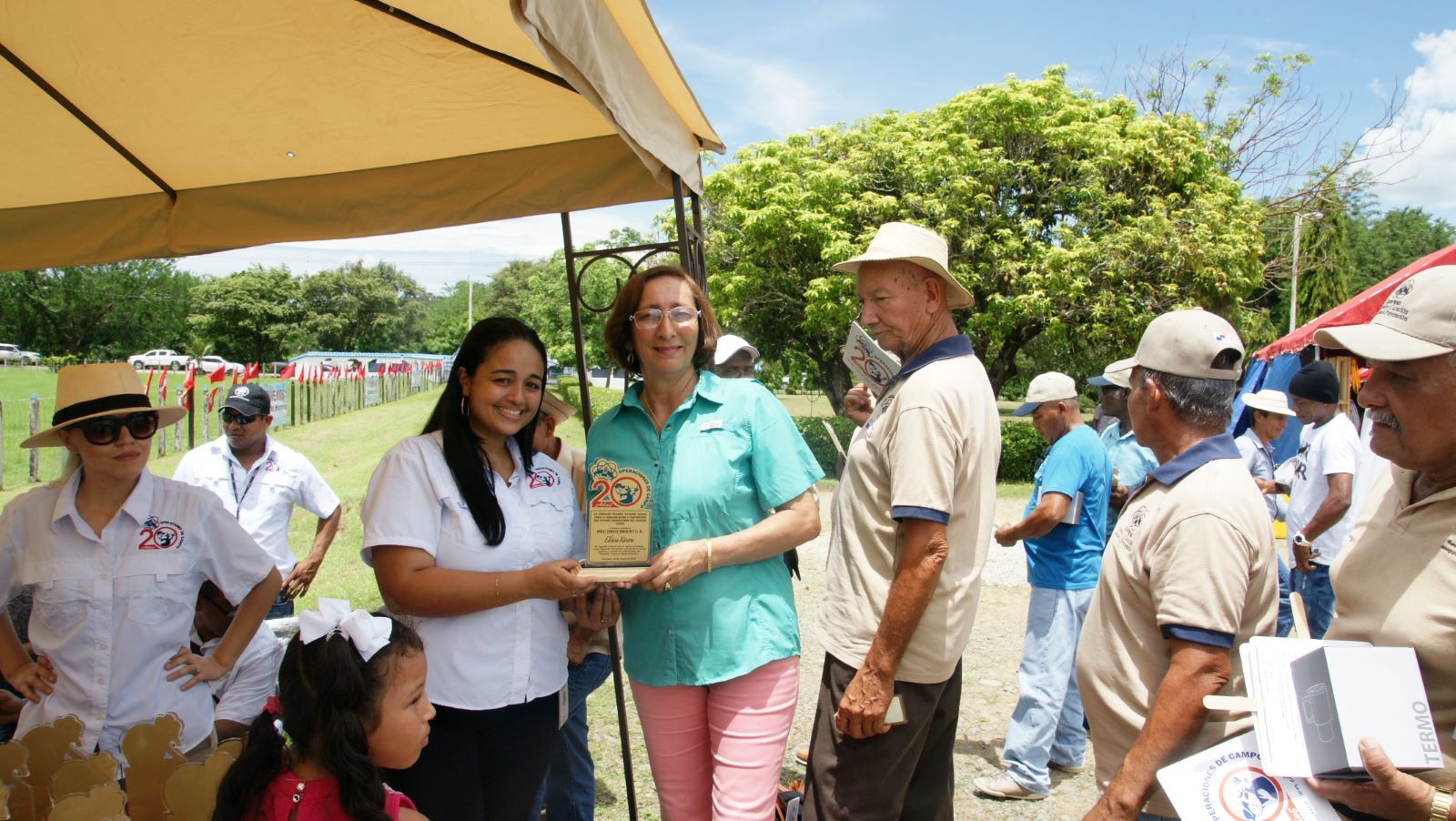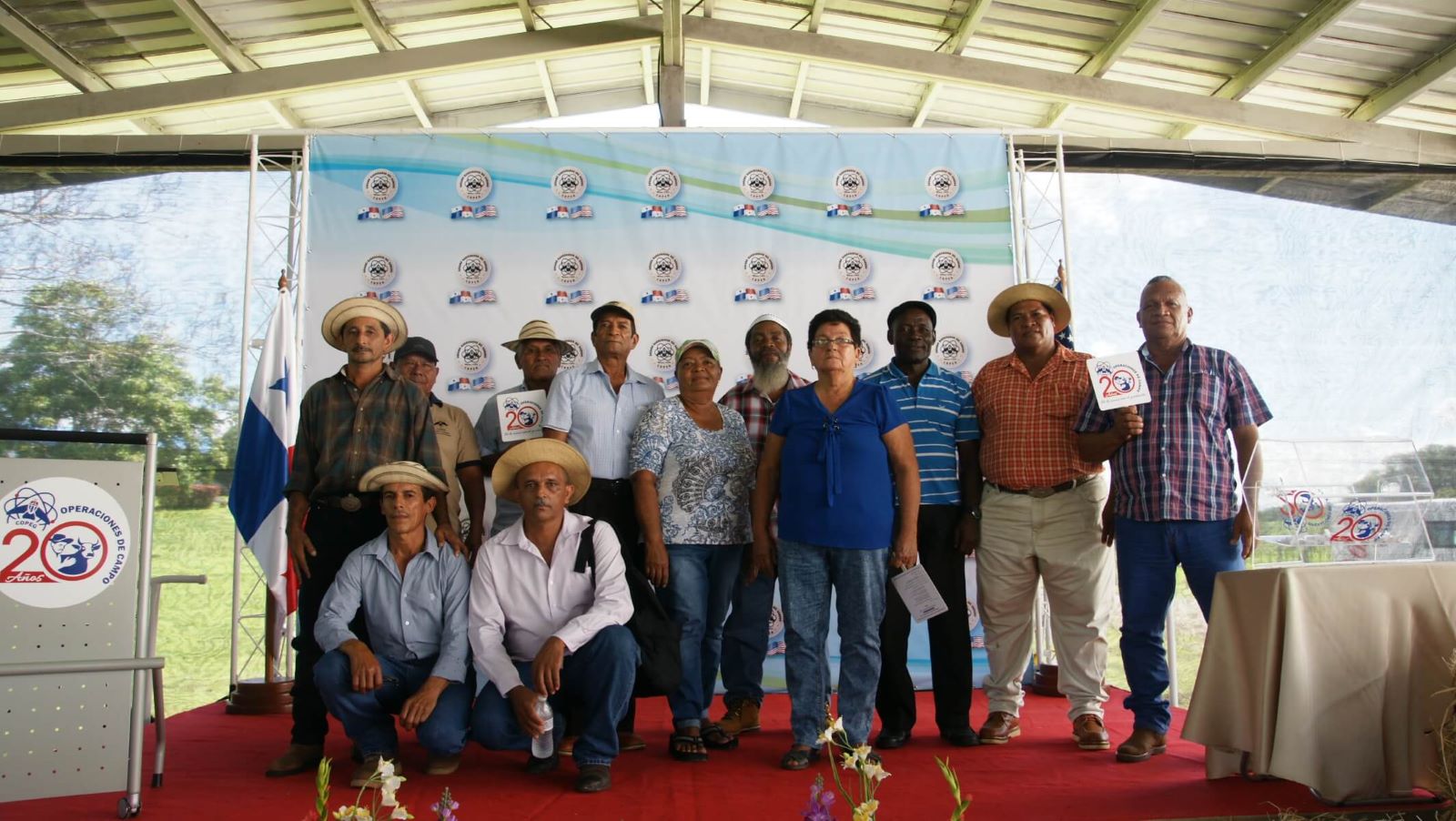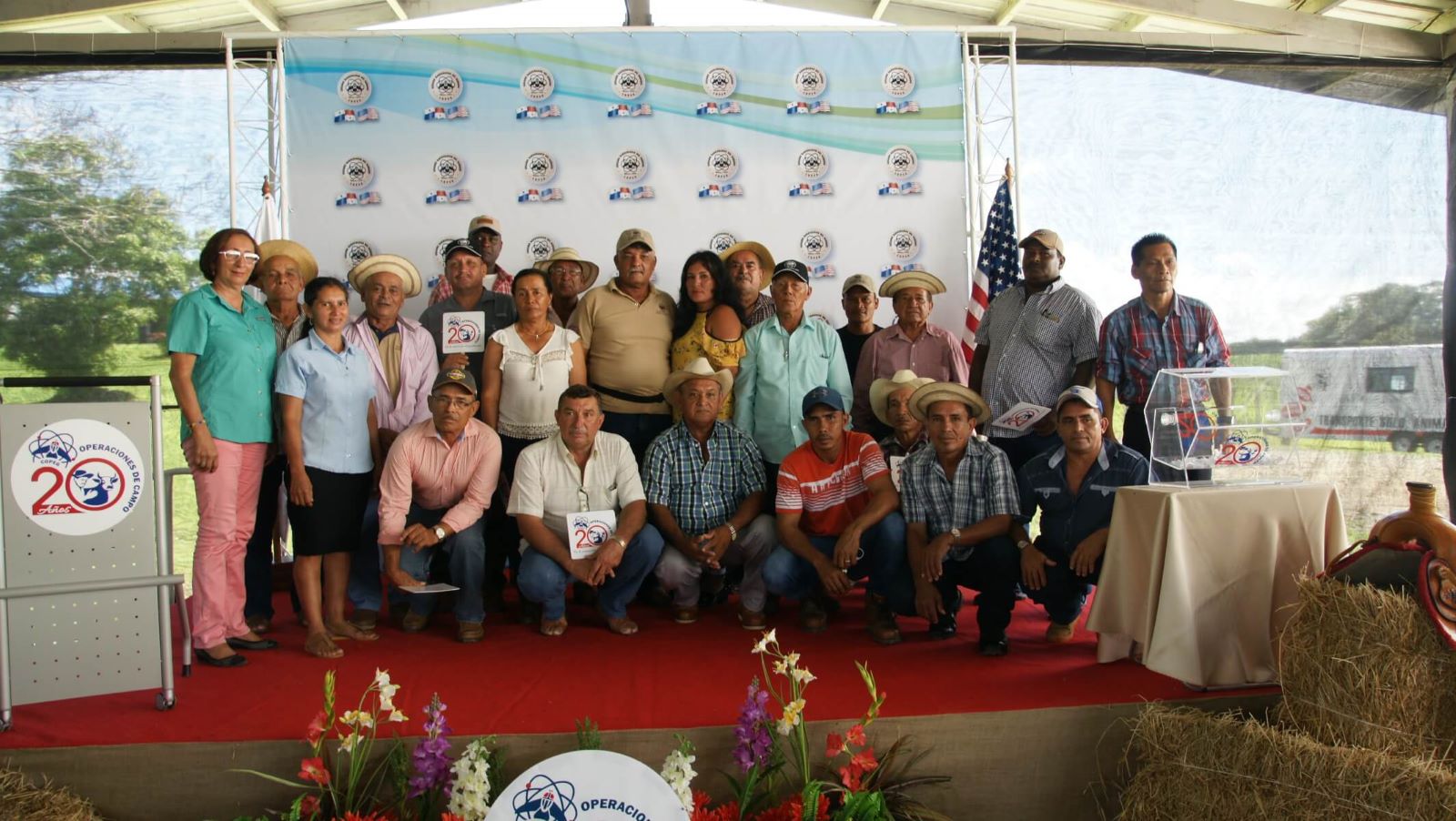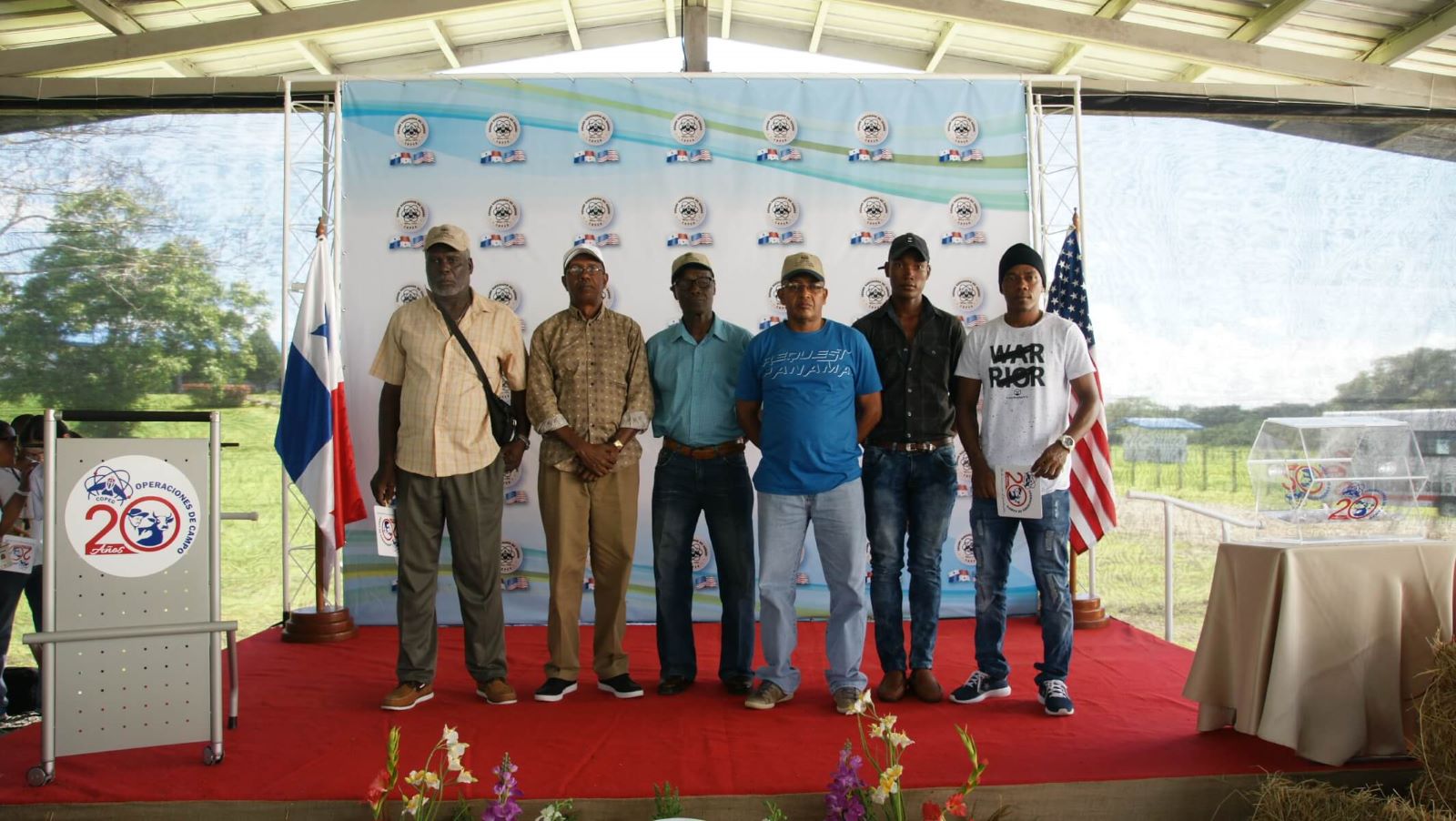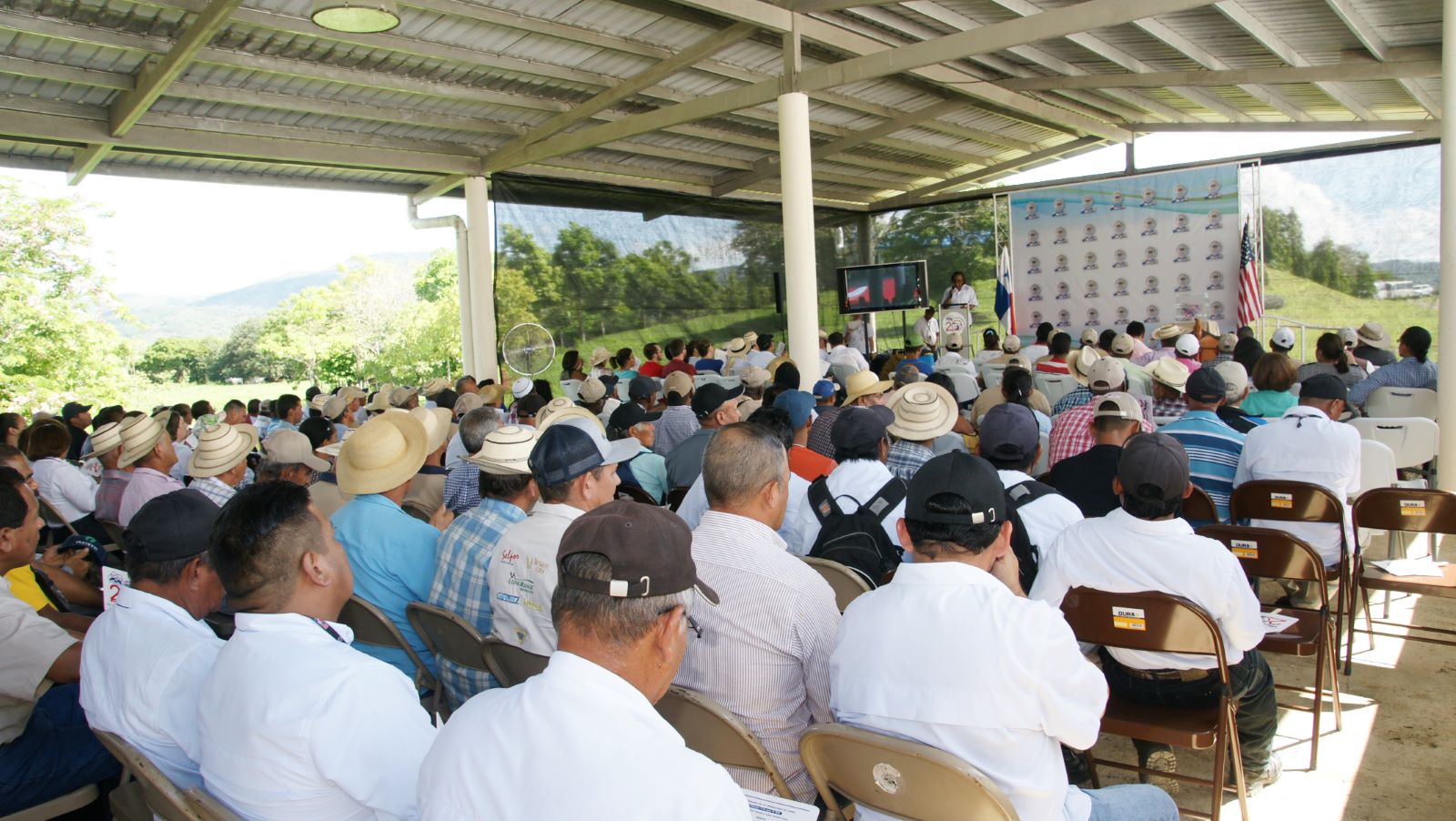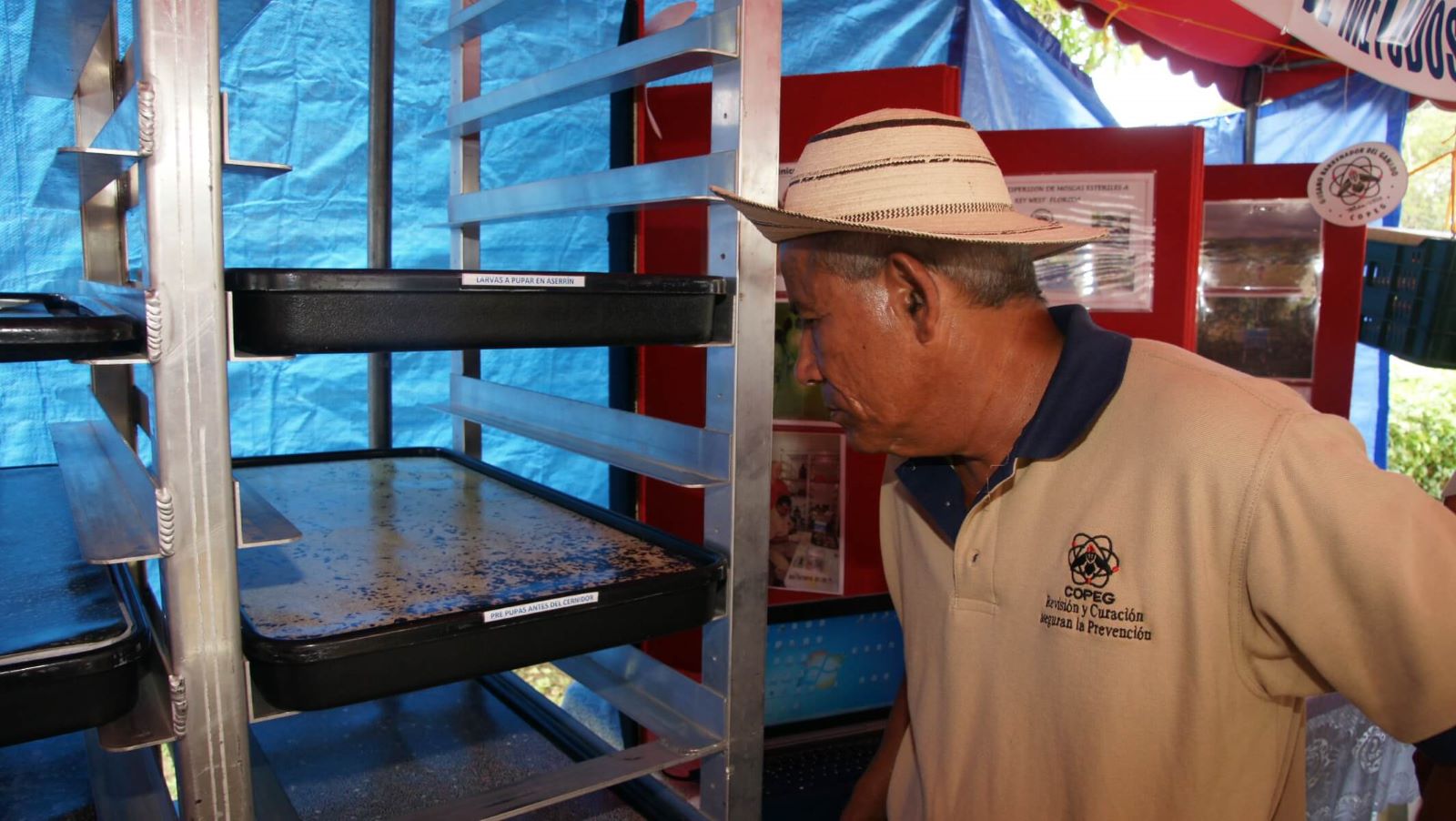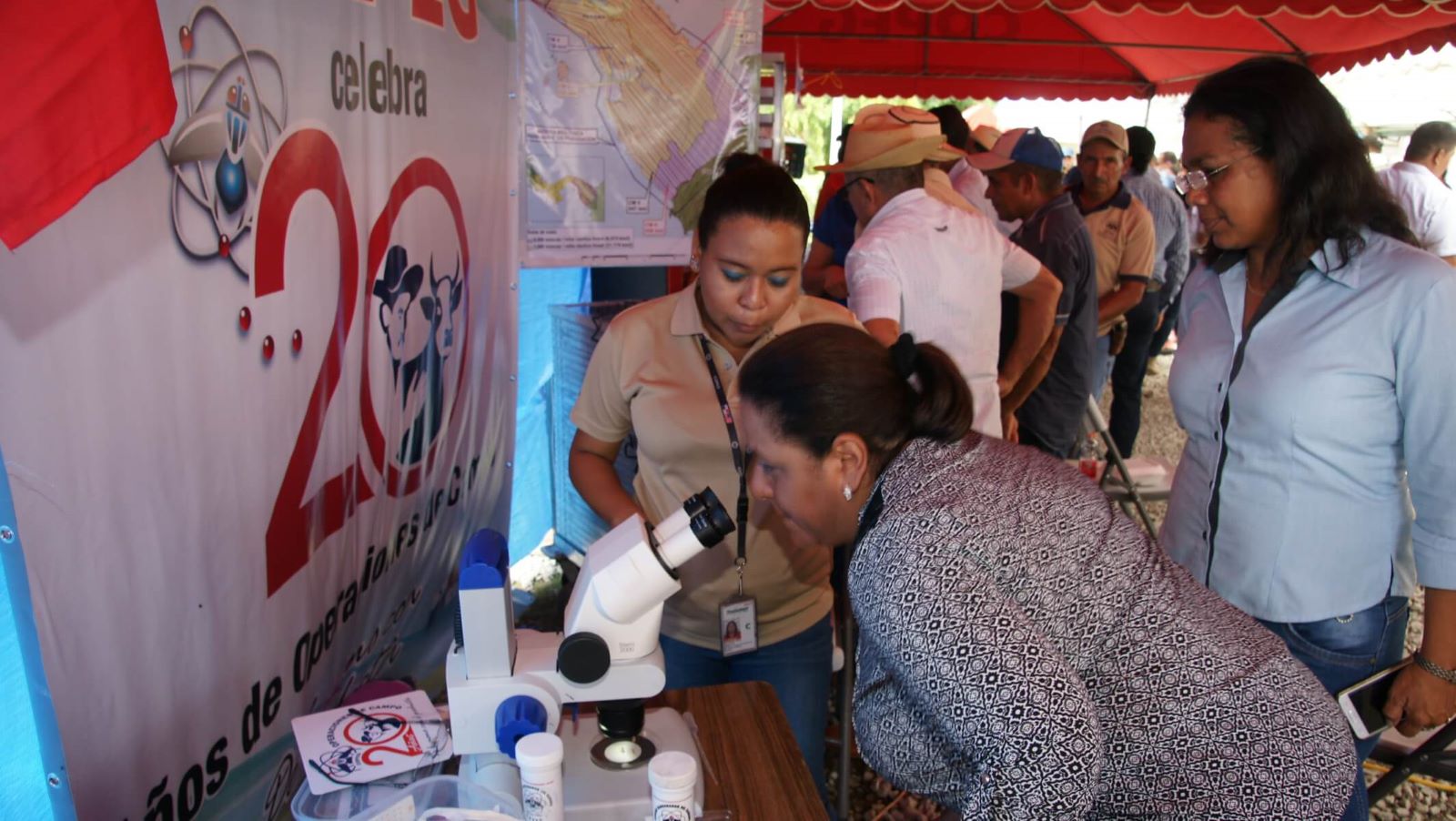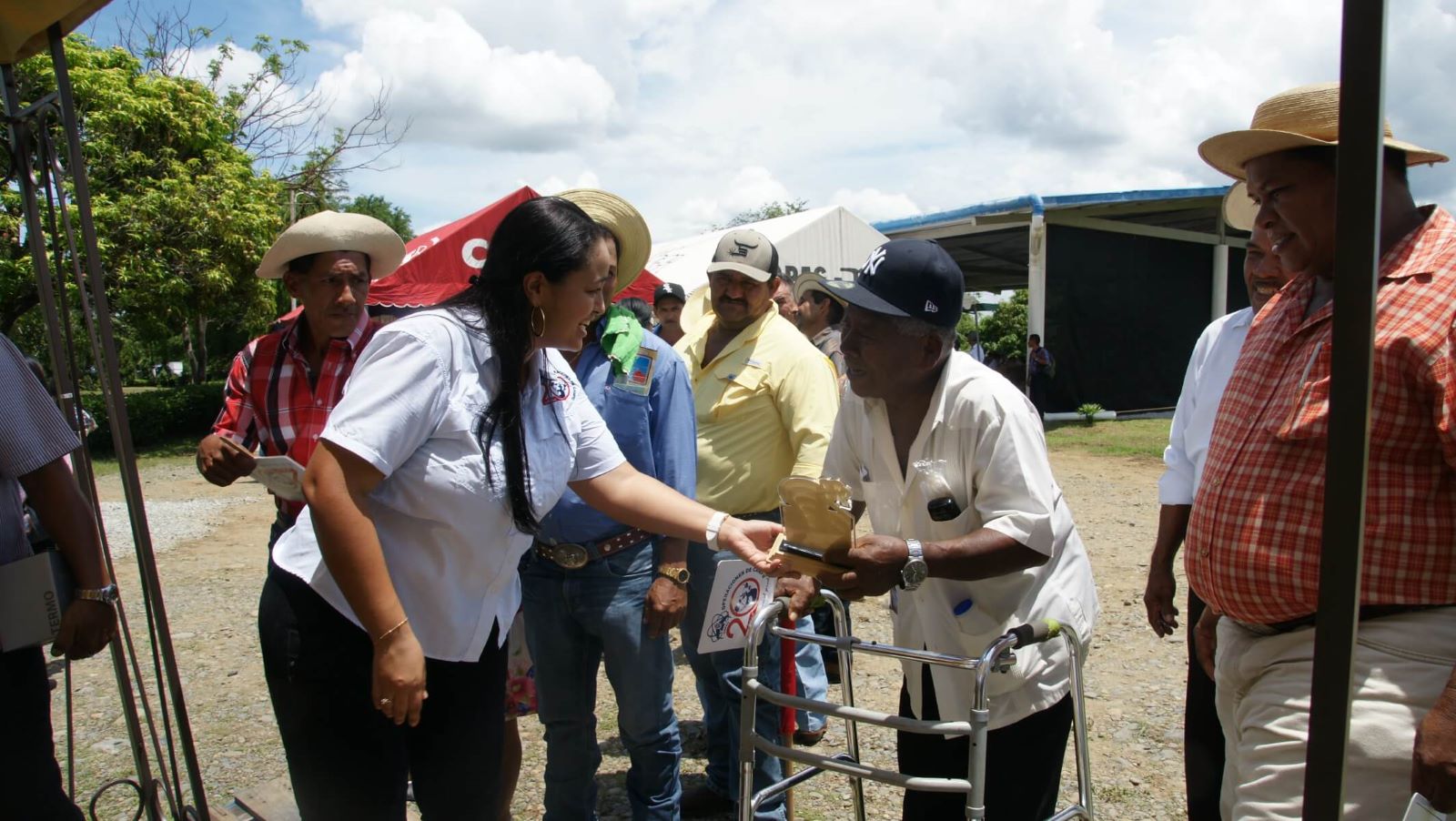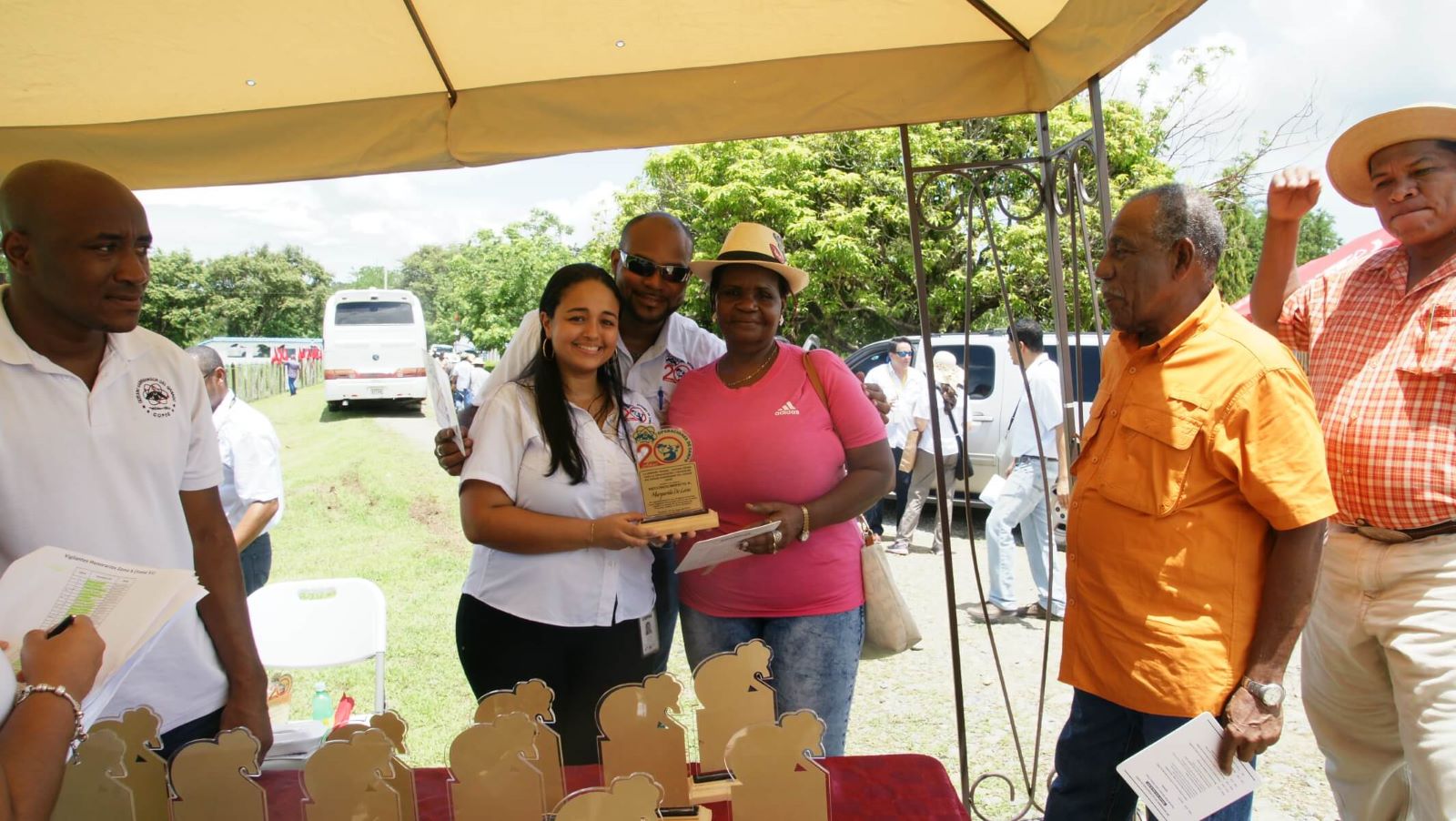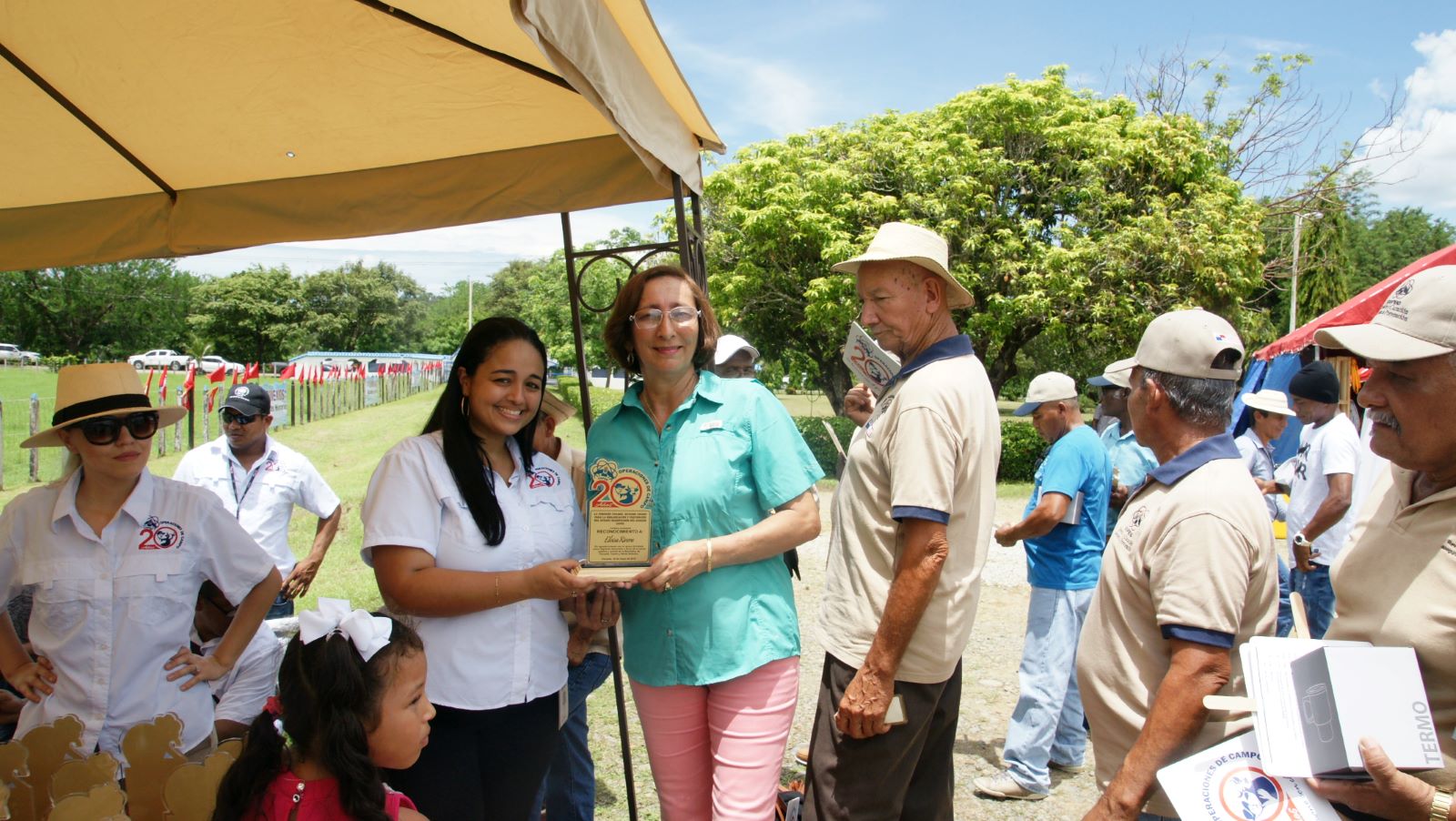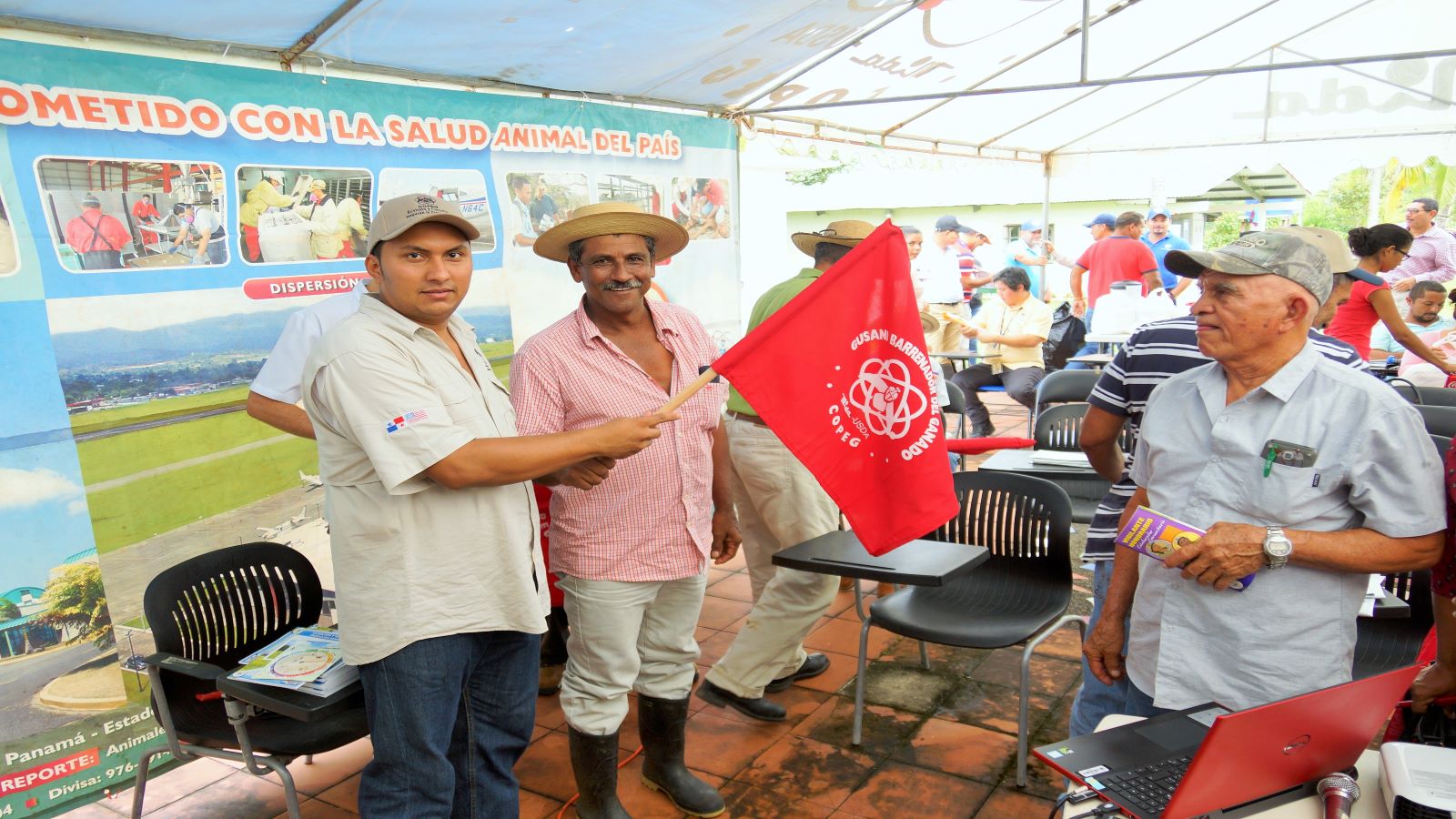COPEG in your comunnity
Discover the activities we carry out at COPEG
COPEG in your comunnity
Discover the activities we carry out at COPEG
Educational Tours
The Department of Health Education has 3 units for dissemination at the national level, where they develop Training for Honorary Inspectors, Fair Events, talks to support groups and graduate students of Agricultural Graduates to achieve changes in the target groups: Epidemiological sensors, support groups, COPEG collaborators and the general public for the timely reporting of these diseases. As part of its methodology, investigates and defines the educational, social, economic and cultural characteristics of groups and communities. In this way it determines the health program to obtain the specific educational objectives and achieve a mass communication strategy. Among its activities are educational journeys, talks in schools, radio programs, tours, visits and participation in events in the sector (Fairs, field days, community meetings, etc.); as well as the installation of signs and posters in educational messages.
Honorary Inspectors
The honorary inspector is a person linked to the agricultural sector who actively participates in the surveillance of the SW. It is one of the pillars of the program and is led by the producers themselves, developed with the purpose of constituting them as active collaborators (accredited according to existing legislation). They are selected by field technicians, according to an established profile, in quantities, according to the organization’s ability to maintain contact with them. Receives first-hand formal training.
This work is done voluntary and without receiving payment, in order to protect their own and the community livestock being aware that when taking care of the health of the animals, is also taking care of the health of their family and even the economy of the country.
Generally, their contribution consists of sharing their knowledge regarding the screwworm with producers, friends, neighbors and acquaintances, promoting good practices and reporting suspected cases, should they appear in the community. On the other hand, sees opportunities for outreach in his community and coordinates with COPEG staff so that disease prevention messages reach more producers in the area, for example, at meetings or field days. And additionally, supports COPEG in special activities such as COPEG operatives and tours in their communities.
Given that the honorary inspector is an unconditional ally in prevention and an important contact within his community, COPEG personnel visit him on a monthly basis, at his farm, residence or workplace, to exchange information, deliver samples of worms that other producers have sent, replace or supply collecting tubes or curative powder for the healing of wounds in animals. And annually, he receives training within his province, in which he is technically updated and shares with other inspectors in the area.
